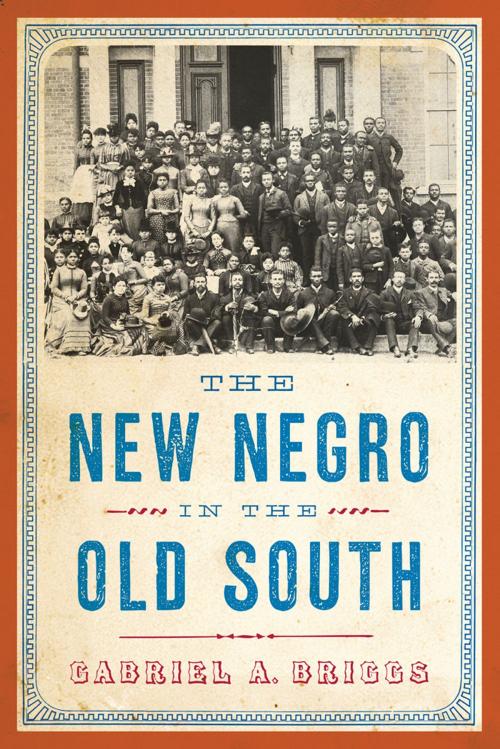| Author: | Gabriel A. Briggs | ISBN: | 9780813574806 |
| Publisher: | Rutgers University Press | Publication: | November 13, 2015 |
| Imprint: | Rutgers University Press | Language: | English |
| Author: | Gabriel A. Briggs |
| ISBN: | 9780813574806 |
| Publisher: | Rutgers University Press |
| Publication: | November 13, 2015 |
| Imprint: | Rutgers University Press |
| Language: | English |
Standard narratives of early twentieth-century African American history credit the Great Migration of southern blacks to northern metropolises for the emergence of the New Negro, an educated, upwardly mobile sophisticate very different from his forebears. Yet this conventional history overlooks the cultural accomplishments of an earlier generation, in the black communities that flourished within southern cities immediately after Reconstruction.
In this groundbreaking historical study, Gabriel A. Briggs makes the compelling case that the New Negro first emerged long before the Great Migration to the North. The New Negro in the Old South reconstructs the vibrant black community that developed in Nashville after the Civil War, demonstrating how it played a pivotal role in shaping the economic, intellectual, social, and political lives of African Americans in subsequent decades. Drawing from extensive archival research, Briggs investigates what made Nashville so unique and reveals how it served as a formative environment for major black intellectuals like Sutton Griggs and W.E.B. Du Bois.
The New Negro in the Old South makes the past come alive as it vividly recounts little-remembered episodes in black history, from the migration of Colored Infantry veterans in the late 1860s to the Fisk University protests of 1925. Along the way, it gives readers a new appreciation for the sophistication, determination, and bravery of African Americans in the decades between the Civil War and the Harlem Renaissance.
Standard narratives of early twentieth-century African American history credit the Great Migration of southern blacks to northern metropolises for the emergence of the New Negro, an educated, upwardly mobile sophisticate very different from his forebears. Yet this conventional history overlooks the cultural accomplishments of an earlier generation, in the black communities that flourished within southern cities immediately after Reconstruction.
In this groundbreaking historical study, Gabriel A. Briggs makes the compelling case that the New Negro first emerged long before the Great Migration to the North. The New Negro in the Old South reconstructs the vibrant black community that developed in Nashville after the Civil War, demonstrating how it played a pivotal role in shaping the economic, intellectual, social, and political lives of African Americans in subsequent decades. Drawing from extensive archival research, Briggs investigates what made Nashville so unique and reveals how it served as a formative environment for major black intellectuals like Sutton Griggs and W.E.B. Du Bois.
The New Negro in the Old South makes the past come alive as it vividly recounts little-remembered episodes in black history, from the migration of Colored Infantry veterans in the late 1860s to the Fisk University protests of 1925. Along the way, it gives readers a new appreciation for the sophistication, determination, and bravery of African Americans in the decades between the Civil War and the Harlem Renaissance.















